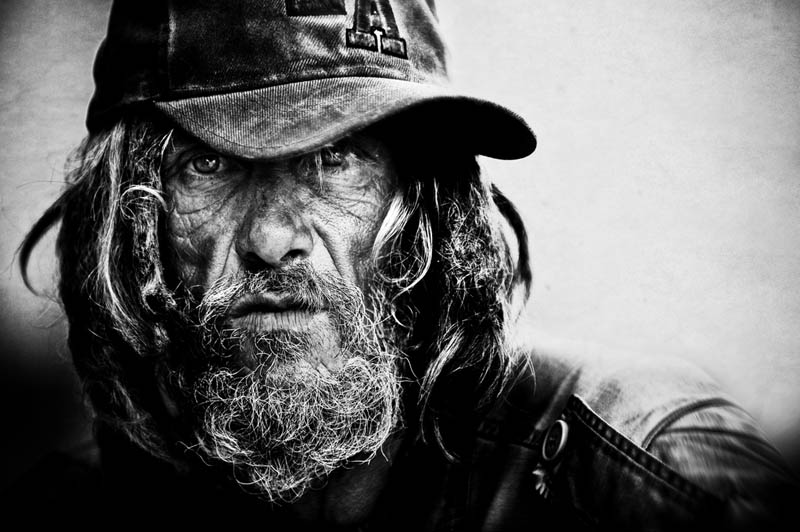
This Xmas I hope you don’t mind if I use this blog to have a conversation about all the homeless people in Australia, and many who may even have dementia. We often have a stereotypical perception of our homeless community and what usually comes to mind for me is a wrinkly old man in smelly old clothes, with a scraggy beard and a booze problem. Well I have seen for myself what our homeless community looks like at close range and it left me with a very sobering impression. Sure, the majority of people ‘sleeping rough’ look exactly as I described, but we also have a grey myriad of people now that represent all tiers of society.
On a recent trip on to the streets of Melbourne with one of my sons I was staggered to see the amount of homeless women on the streets. Their entire worldly possessions piled up around them consisting of blankets, old bags, and usually a hand written cardboard sign. These signs usually give a brief snapshot of their hardship and personal story, a passionate plea for a few dollars, and always a very big ‘thank you’.
It seemed like every 20m there was another cardboard castle that could easily be mistaken for a pile of rubbish. Look closely and you see a head poking out and someone who has been de-sensitized from society, (more than likely a victim of domestic violence) and now simply just surviving.
Several months later back in Adelaide we decided to have a meal at Westcare Centre (a food & care service for homeless people) to see what a $2.50 lunch tastes like), and just sit amongst our street dwellers. We were intimidated and nervous as about 100 people drifted in from all directions of our city centre. They included our indigenous, our young, our alcohol/drug affected, our old, our strange and our mentally ill. What did we learn?…The majority of people are simply just everyday folks down on their luck who have slipped through the cracks.
There was an awkward overall silence in the room over lunch but once we ‘broke the ice’ and struck up some conversations with a few people they seemed to enjoy the company. We heard stories about, years of drug abuse, stealing to survive and even people from high class suburbs who would drive across town just to get a cheap meal and a chat. The volunteer helpers hustled and bustled as they pumped the meals out, and we were told several of them were previously homeless and had been offered a ‘leg up’, and found a way to dig themselves out of their situation, and now help others.
Recently I had the privilege to have a chat with an experienced Link Worker from Alzheimer’s Australia who looks after our homeless communities with dementia in Adelaide. A passionate and caring lady who simply gets the job done, and chips away at our underbelly of people who may think they no longer matter, may not want to be found and are probably not even counted. I wanted to grab this opportunity to learn about what happens to homeless people with dementia, and the answer?…not much at all!
The people on our streets have many challenges to deal with and their dementia/mental health is probably at the bottom of their priorities (and also everybody else’s). The level of knowledge about dementia is low and further training for sector workers is required. I was told nursing homes allocate approx 10 beds in every 500 for our underprivileged people and they are certainly not a desired resident. They are difficult to manage and often overlooked for a more ‘mainstream’ resident. Hostels will often reject people with dementia due to their behaviour.
Many homeless people with dementia are often undiagnosed, as they no longer trust the world and are in survival mode. Many have limited access to services, no Medicare card or have a very low self esteem and refuse to get help. These people are constantly in fear of being institutionalized. The link worker will visit the homeless shelters to chat with people over a ‘snag in bread’ and maybe a jigsaw puzzle, with the aim to try and create the best relationship they can. Once some trust is established, some simple ‘brain health’ strategies are taught which include:
• Look after your heart
• Do physical activity
• Mentally challenge your brain
• Follow a healthy diet
• Enjoy social activity
Thanks for allowing me to share a different perspective of dementia and I hope that as a caring society we can continue to find new ways to make positive and charitable differences ‘all year round’ to our homeless communities, and not only just at Xmas. Cheers




 Facebook
Facebook Twitter
Twitter LinkedIn
LinkedIn